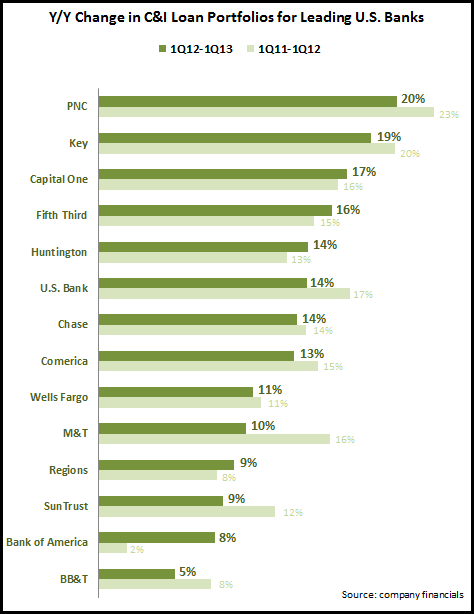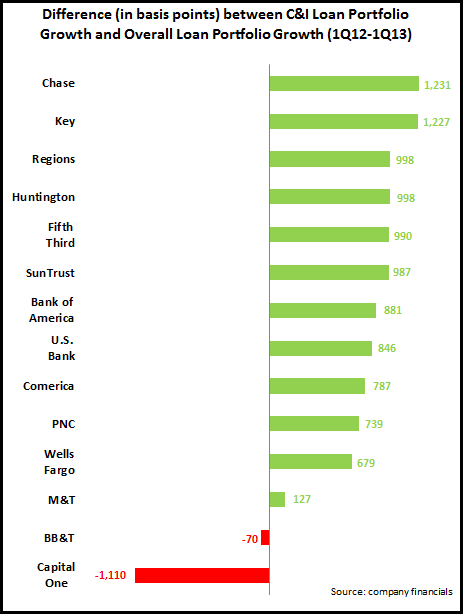In the political world, there’s lots of talk of the “perpetual campaign”—the unceasing cycle of fundraising, speech giving, and vote soliciting. The reality is that for SaaS companies, the state of being should likewise be understood as a perpetual campaign. This is because with SaaS, every moment using the application represents a customer touchpoint that influences customer decisions—about whether to expand utilization, about whether to upgrade to a more advanced version, about whether to invest in additional services.
For this reason, it is vital that a marketing mindset and marketing capabilities be an organic part of the CSM organization. Specifically, successful CSM needs to:
- Understand Customer Behavior. It is vital to the success of a CSM organization to understand customer behavior and attitudes. Market research into customer satisfaction, customer decision-making, propensity to recommend, and segmentation can all contribute significantly to building a CSM team that delivers measurable value to the organization.
- Influence Customer Behavior. Core to the CSM function is influencing customer behavior towards activities that result in successful utilization of the application. To execute this successfully requires customer data analytics skills and the ability to draw conclusions, make predictions, and act to compel the desired activity—all of which should already be part of the marketing function.
- Test and Learn. Because understanding and then influencing customer behavior is an iterative process, a systematic testing and learning approach to CSM activity is important to optimize efficiency and effectiveness. Whether pre-contract, during onboarding, over the course of ramp-up and utilization, or triggered by specific milestones or activities, the opportunities for communications to boost CLV (Customer Lifetime Value delivered through conversion, retention, up/cross-sell)—and therefore, the opportunities for testing and improving communications—are limited only by resource availability.
To distinguish itself from traditional customer service, the CSM team needs to take a proactive approach to customer communications, rather than being reactive to customer problems. As the organizational function most responsible for proactive customer communications, marketing (whether in the form of shared resources or in the form of dedicated CSM staff with marketing training) needs to be a part of the CSM effort.

